The young man knows the rules, but the old man knows the exceptions
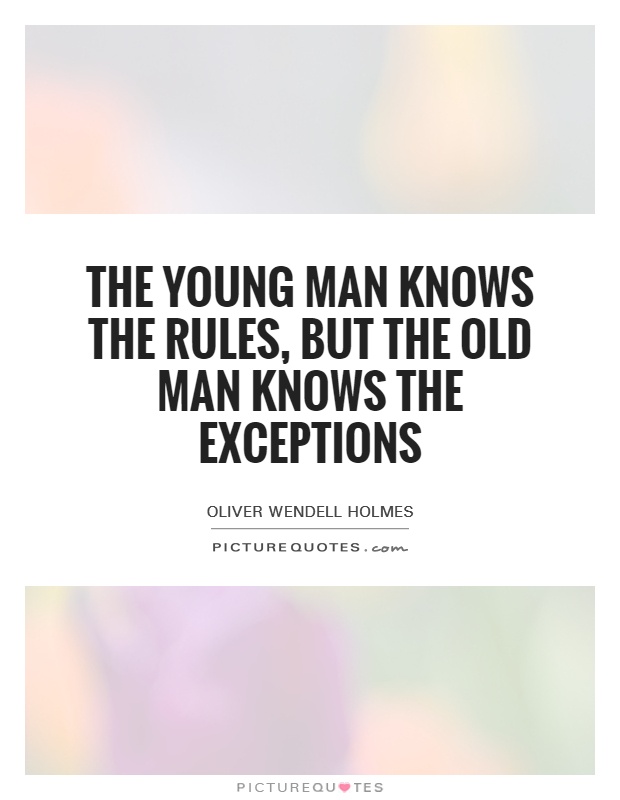
The young man knows the rules, but the old man knows the exceptions
Oliver Wendell Holmes, Jr. was a prominent American jurist who served as an Associate Justice of the Supreme Court of the United States from 1902 to 1932. Known for his pragmatic approach to the law and his belief in the importance of judicial restraint, Holmes was a highly influential figure in the development of American legal thought.One of Holmes' most famous quotes is, "The young man knows the rules, but the old man knows the exceptions." This statement encapsulates Holmes' belief in the importance of experience and wisdom in the practice of law. While young lawyers may be well-versed in the black-letter law and legal principles, it is only through years of practice and exposure to real-world situations that one can truly understand the nuances and complexities of the law.
Holmes himself was a perfect example of this principle. Throughout his long and distinguished career, he encountered countless cases that tested the boundaries of legal doctrine and precedent. In each instance, Holmes approached the law with a keen eye for detail and a willingness to consider the unique circumstances of each case. This ability to see beyond the rules and recognize the exceptions allowed Holmes to make groundbreaking decisions that shaped the course of American jurisprudence.
One of Holmes' most famous opinions is his dissent in the case of Abrams v. United States, in which he argued for a broad interpretation of the First Amendment's protection of free speech. Despite being in the minority, Holmes' dissent in Abrams laid the groundwork for the modern understanding of free speech rights in the United States.
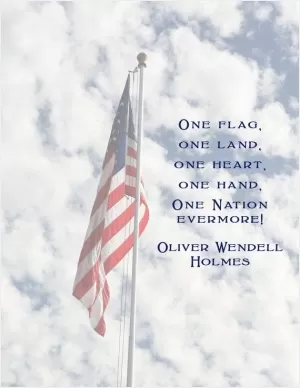

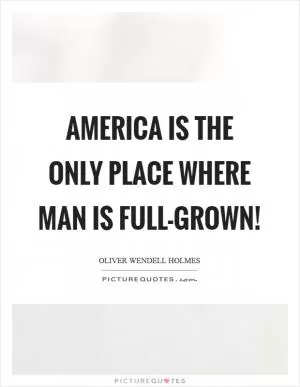

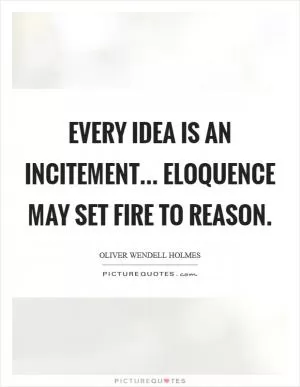



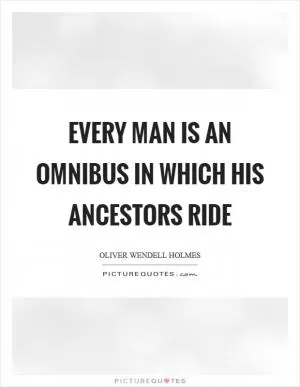

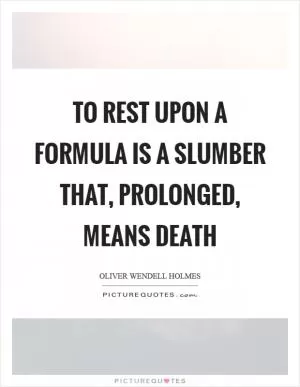

 Friendship Quotes
Friendship Quotes Love Quotes
Love Quotes Life Quotes
Life Quotes Funny Quotes
Funny Quotes Motivational Quotes
Motivational Quotes Inspirational Quotes
Inspirational Quotes